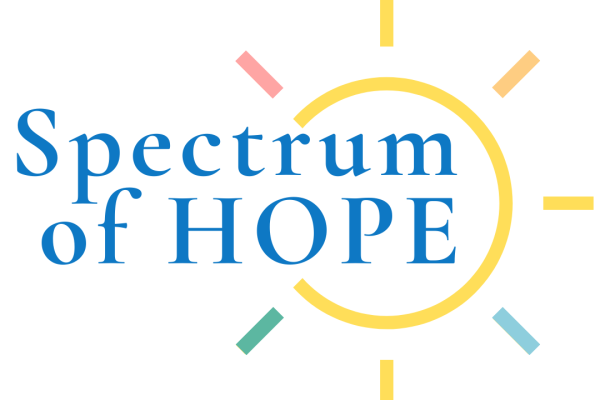Due to the Texas mandate passed in 2007, many insurance companies cover our diagnostic and treatment services. If your insurance company covers our services, costs are usually manageable for a family. A Client Intake form can be found on our website to determine your insurance benefits. Should your insurance carrier not cover our services for your child, a personal payment arrangement is determined based on a variety of factors, including the number of hours of service and the type of services provided. Please contact our Center Director to determine what your costs may be. It is important to note that early and intensive Applied Behavior Analytic Therapy has been empirically-validated as one of the most effective treatments in both improving skills and in reducing and eliminating problem behavior for individuals with developmental delays.
One-on-one therapy is extremely important in most cases, particularly at the onset of therapeutic services, when teaching new and challenging skills, and when reducing problem behaviors. Individual therapy in a controlled environment is essential early-on to maximize an individual’s potential and fully develop their repertoire of skills, in addition to reducing problem behaviors before they become an established pattern. Once certain skills have been strengthened and generalized, one-on-one therapy becomes less essential, and other socially-related skills can be addressed in other settings and therapeutic arrangements. Even then, one-on-one therapy is the most effective way to promote and maintain acquisition of new skills.
Studies have suggested that 35 hours of behavioral therapy per week is necessary for maximum effectiveness. Although your availability or situation may not allow for a full 35 hours, it is certainly the case that the more hours a week a child receives therapy, the more progress can be made, and we are committed to working with your schedule to provide the greatest benefit to your family.
Currently there is no cure for autism, but that doesn’t mean that your child’s current rate of development is static. Goals will be developed based on a careful assessment of your child’s current skills and your expectations and hopes. We can not guarantee that every child will be indistinguishable from a typical peer in every way, but we can guarantee results. Every child will show improvement, and the improvement will be evident through analysis of reliable data. You will not have to guess as to whether or not your child is showing progress. We can not guarantee that all of everyone’s hopes will be fulfilled, because we must develop goals that are reasonable and practical. However, once a goal has been met, we will certainly raise the bar even higher so that your child continues to make progress.
Each individual’s treatment programs are developed into a well-rounded package created specifically for each child and formulated from a variety of assessments conducted upon entry into our treatment center. Additionally, parent requests and concerns are usually addressed or included in treatment planning at the onset of services. Unwanted behaviors are typically addressed first and brought down to acceptable levels, or eliminated completely, to allow for optimal conditions for learning new adaptive behaviors. While all aspects of living a quality life are important, including social interaction, motor skills, play skills, and independence skills, communication and language development are always a primary focus of each individual’s treatment plan. Depending on your child’s treatment plan and goals, a variety of skills that are determined to be most appropriate and functional are targeted first; as each goal is mastered, new goals are put into place to ensure continued growth and development to their fullest potential.
– Difficulty relating socially to their peers and to emotions
– Have limited communication or have regressed in their ability to communicate
– Exaggerated reactions to stimuli such as flashing lights or a honking car horn, lack of eye contact, or sensitivity to touch
– Their play skills are very anti-social and inverted
Read more about the symptoms of autism here.
